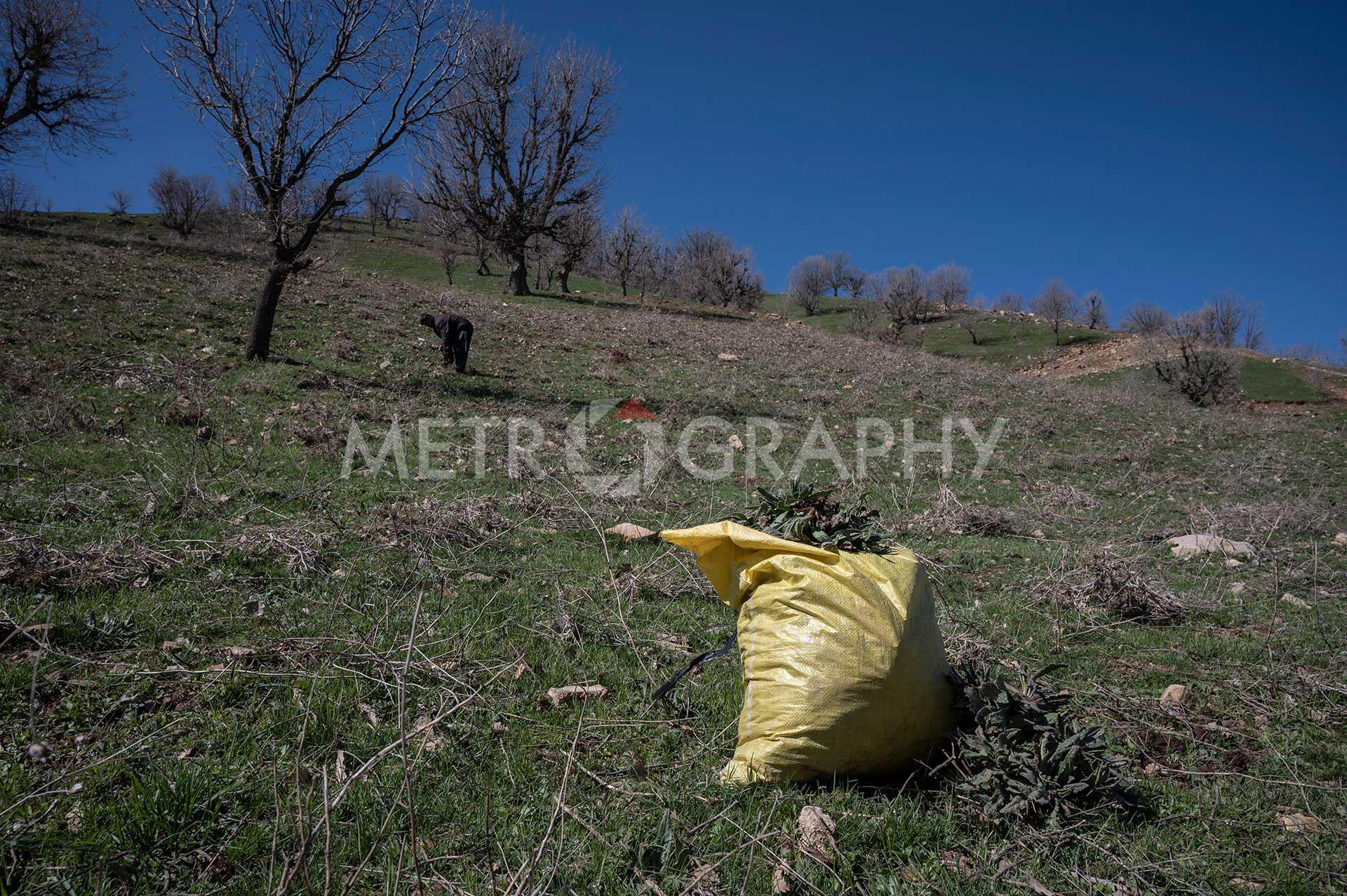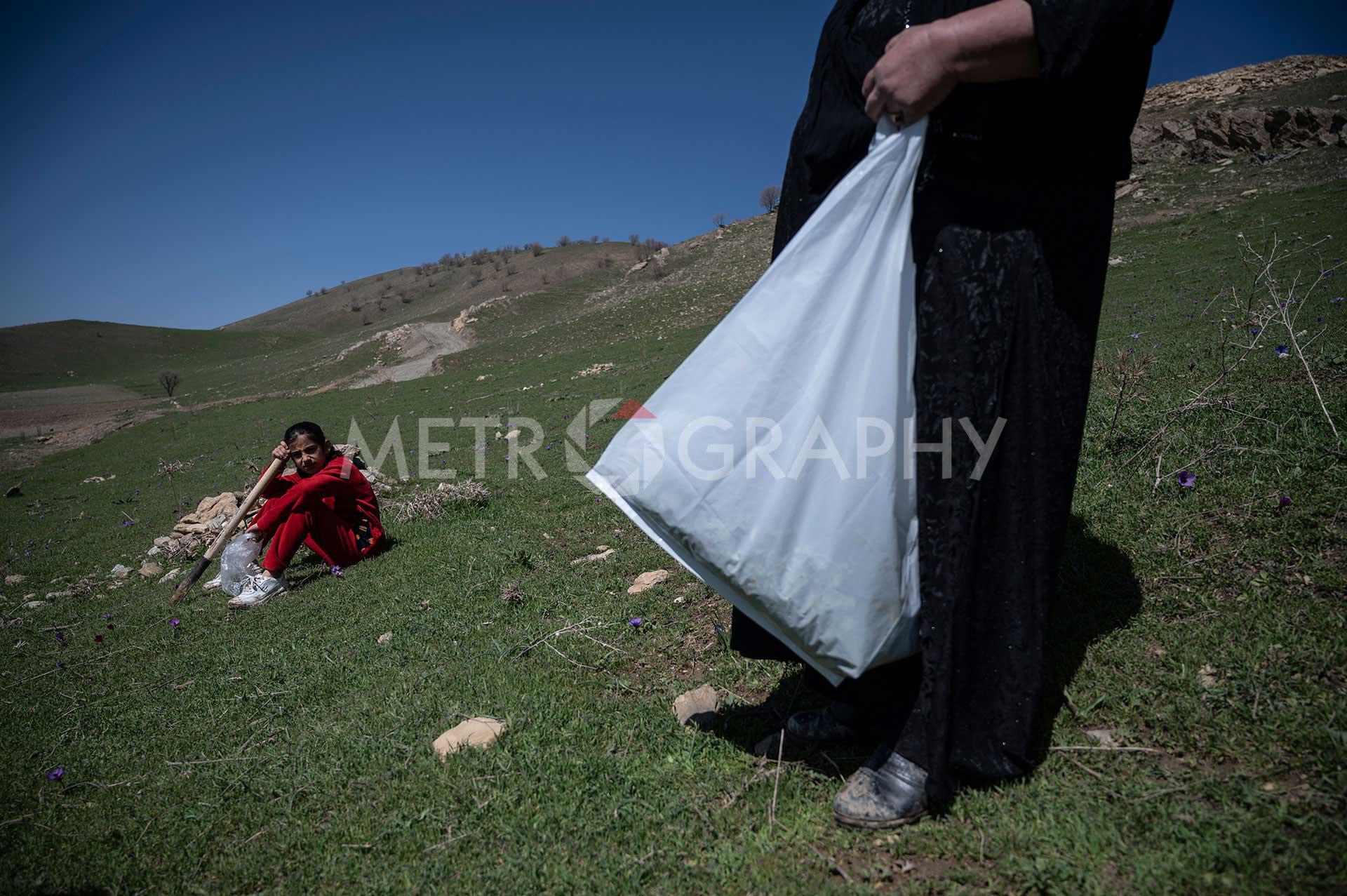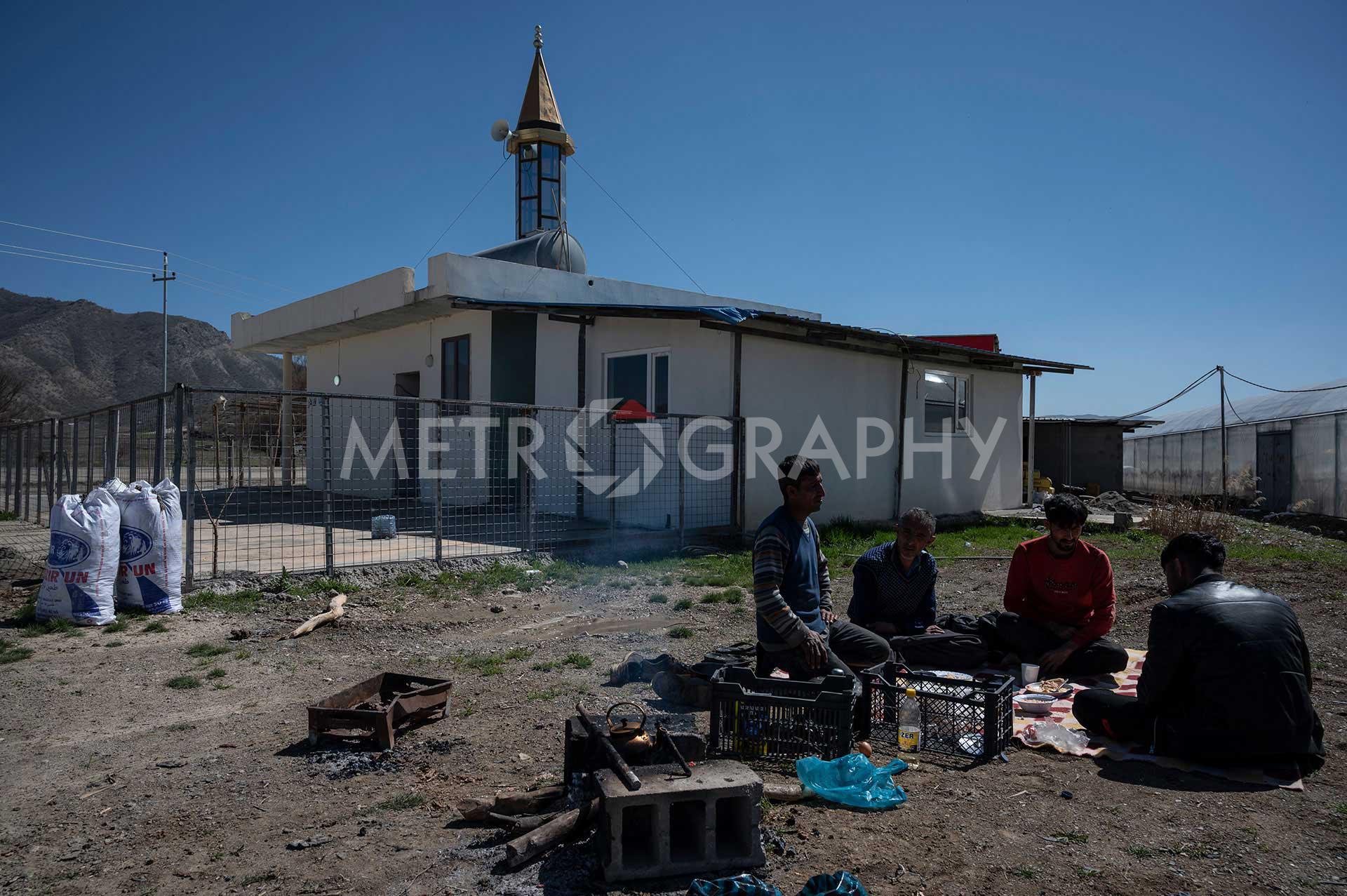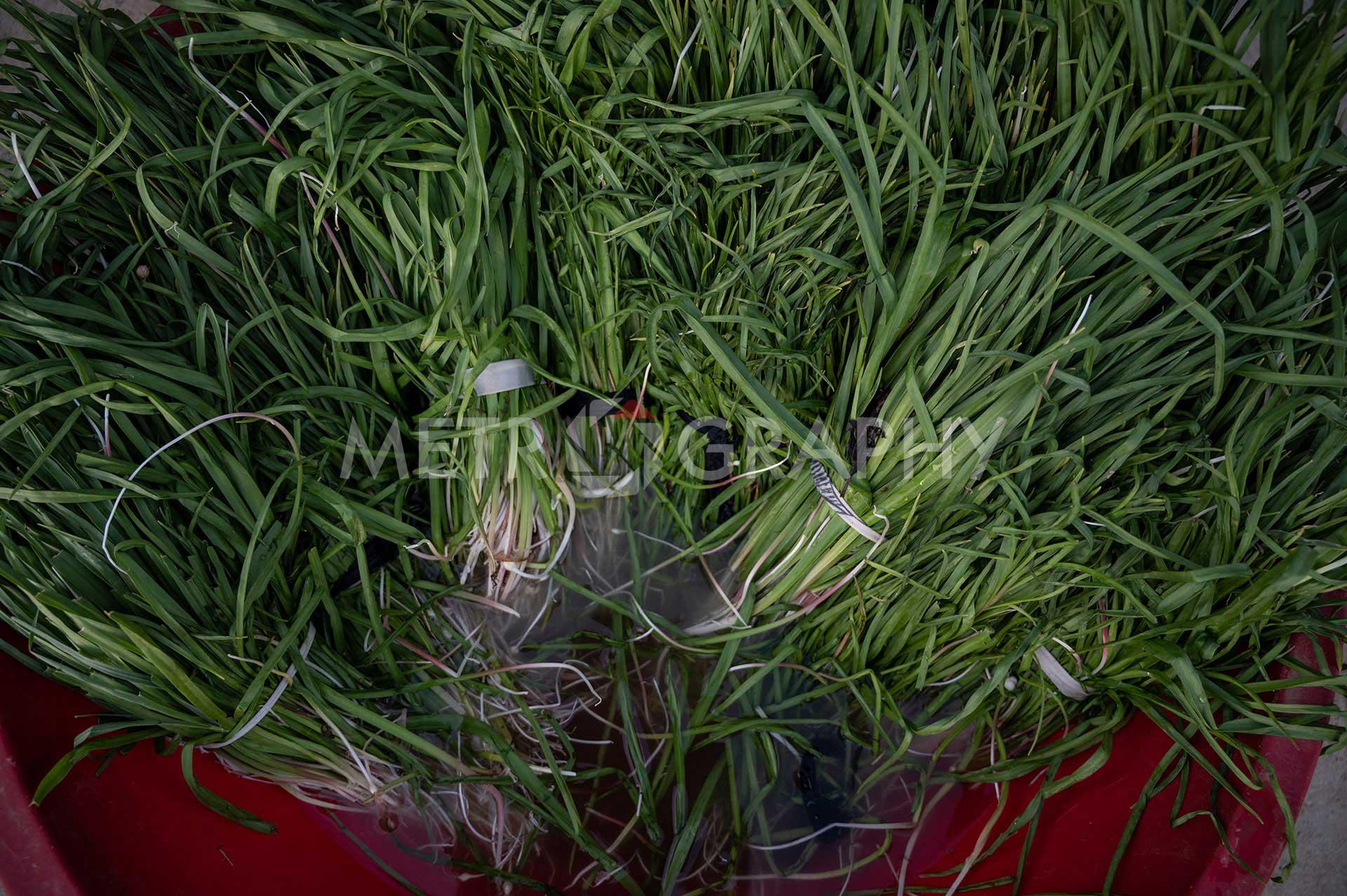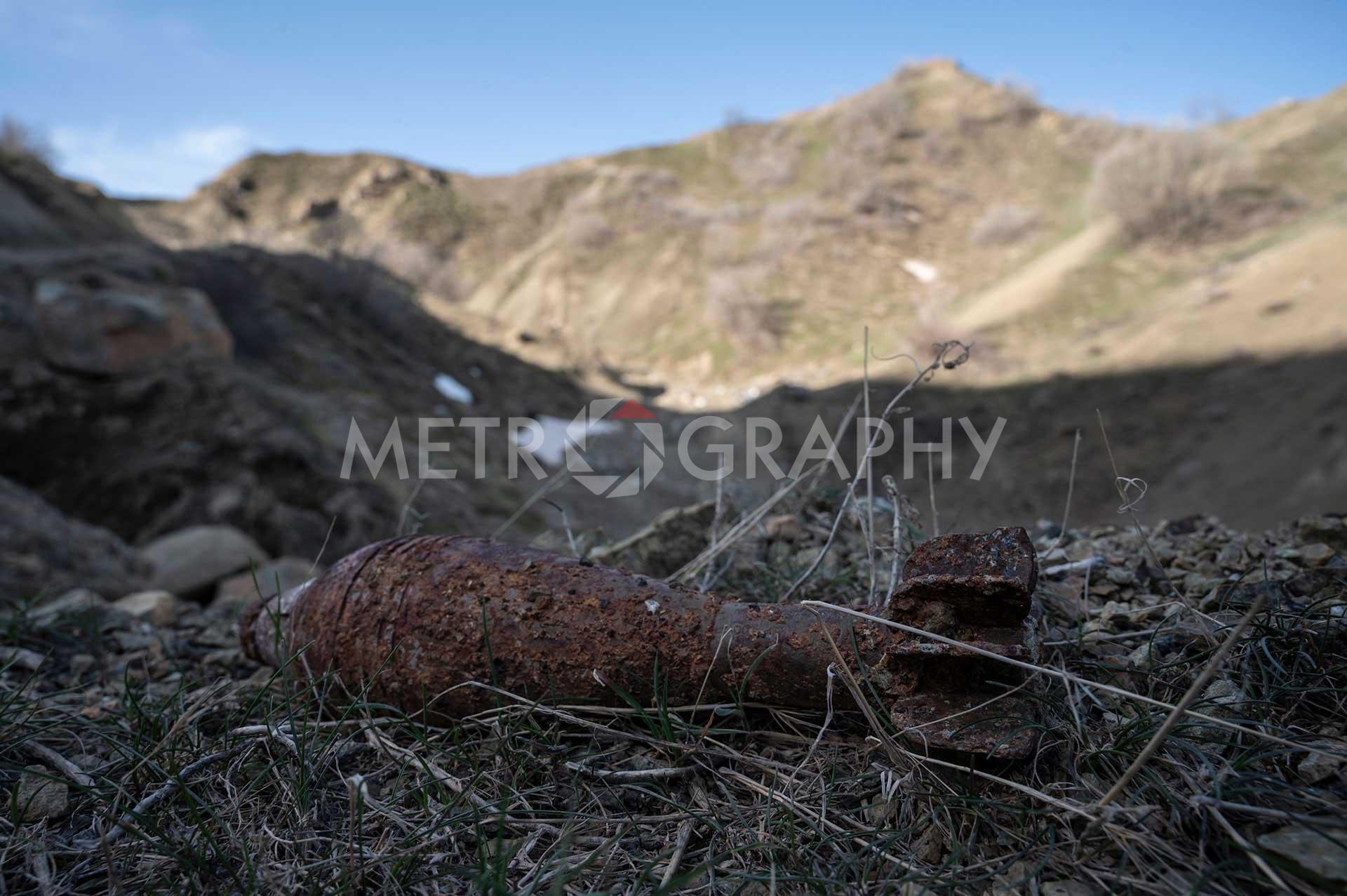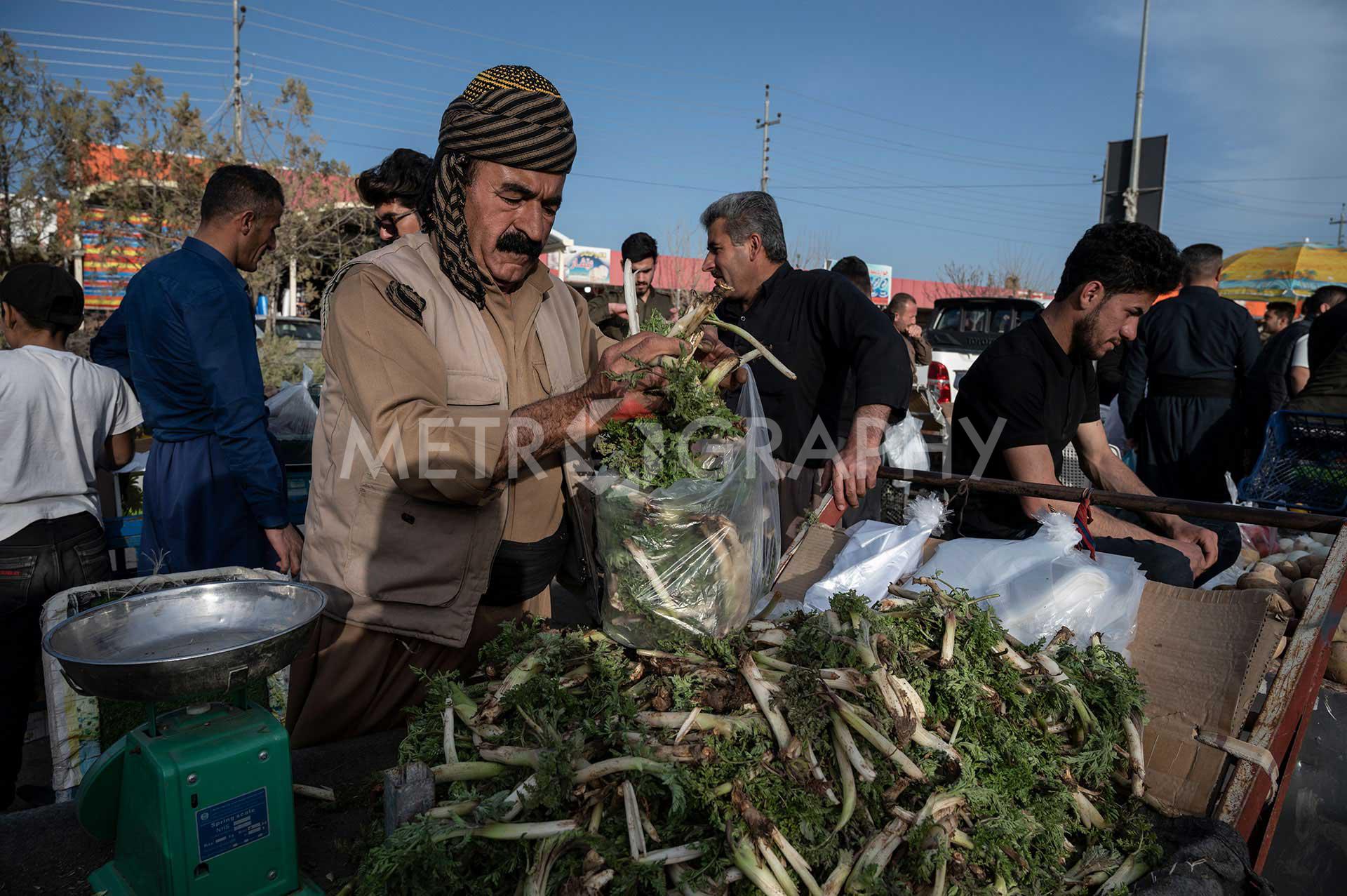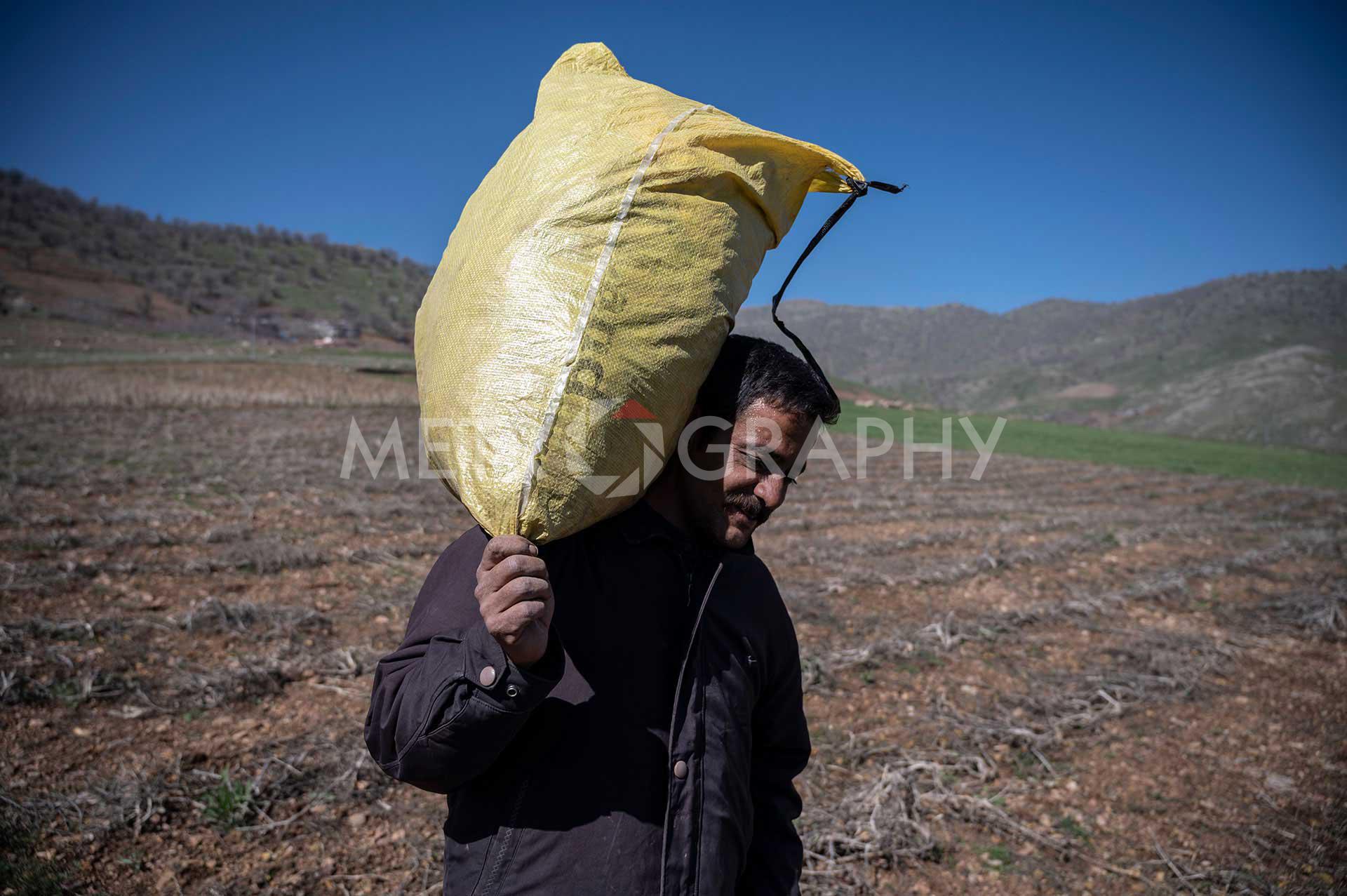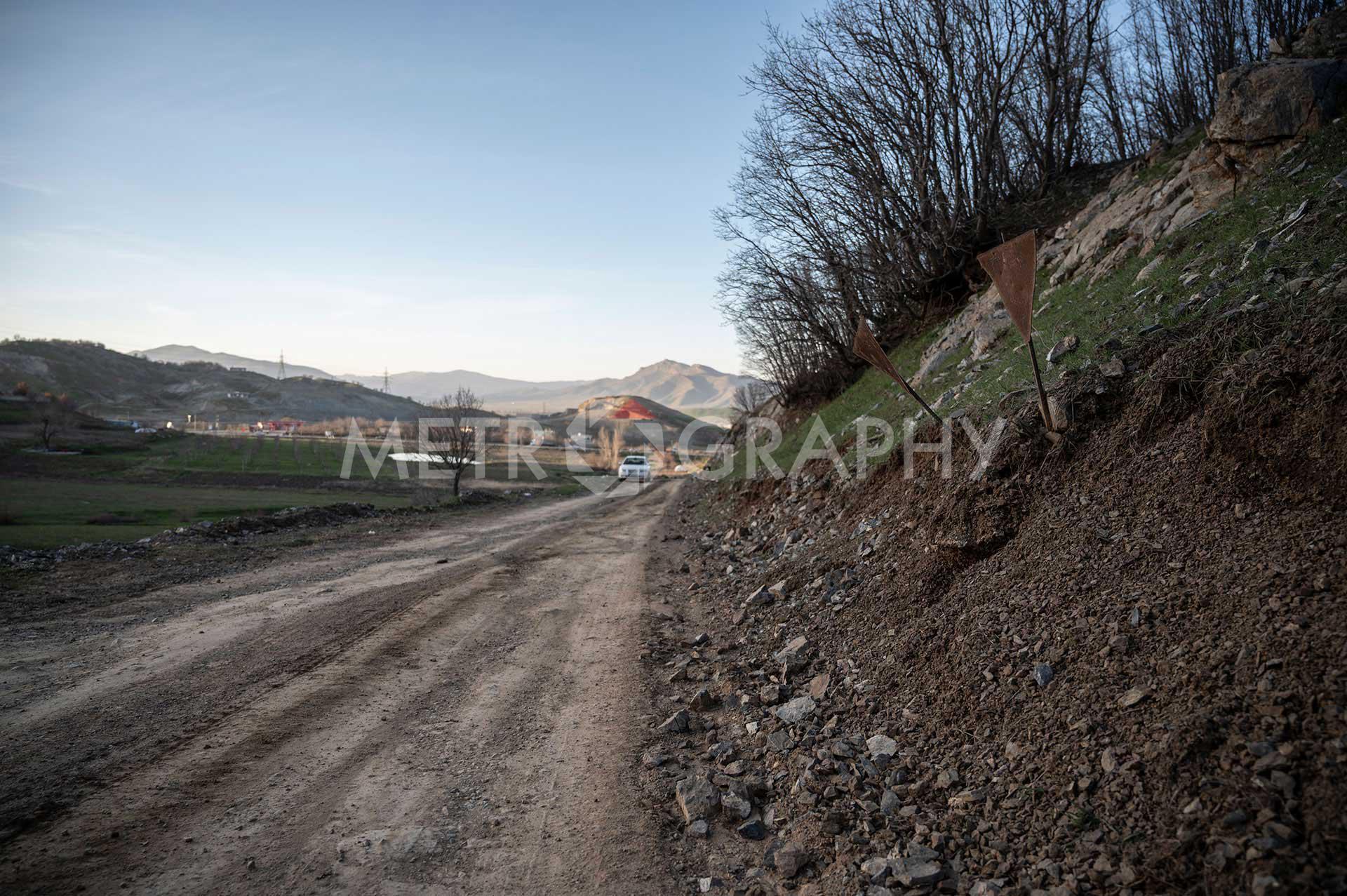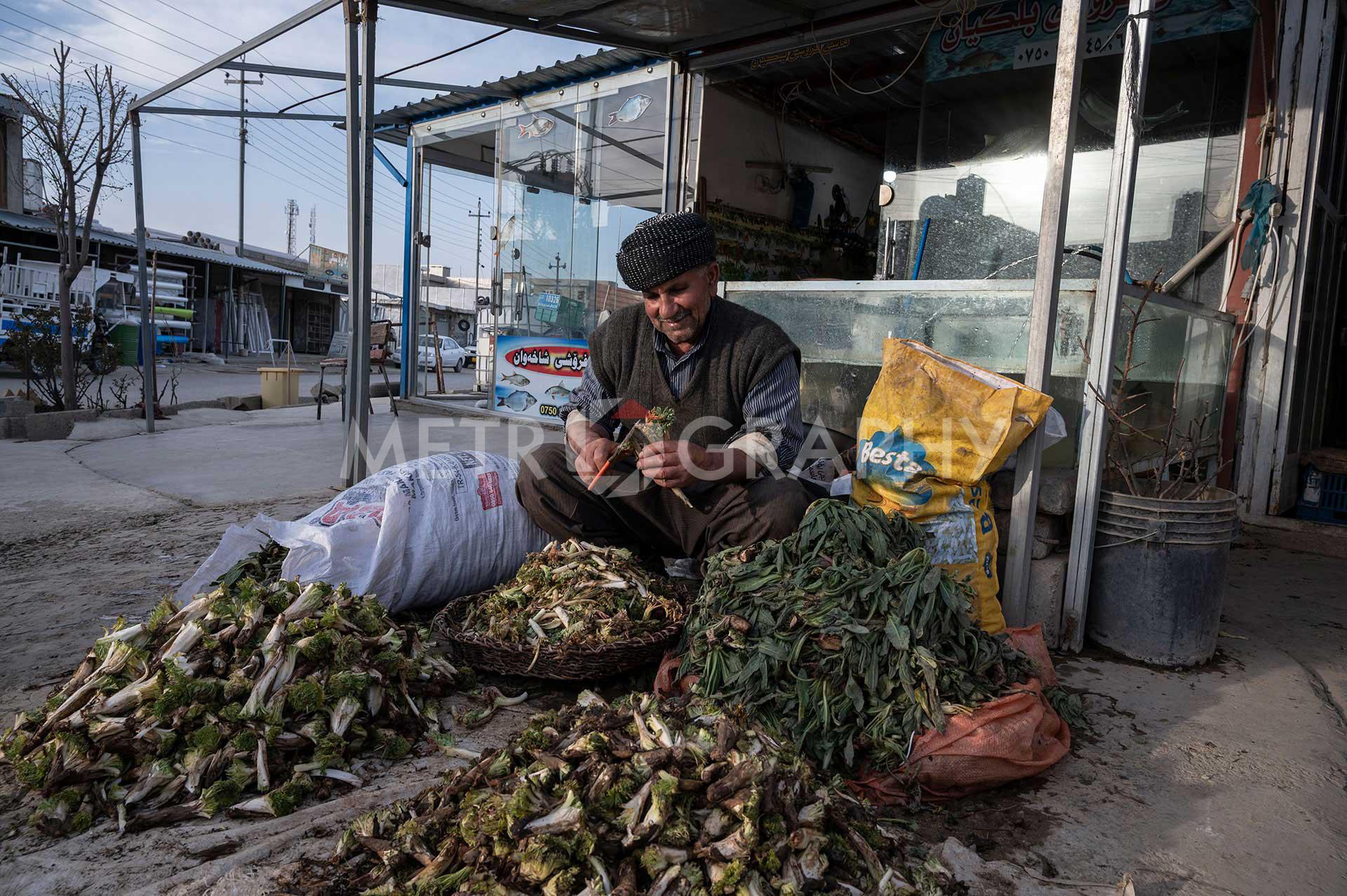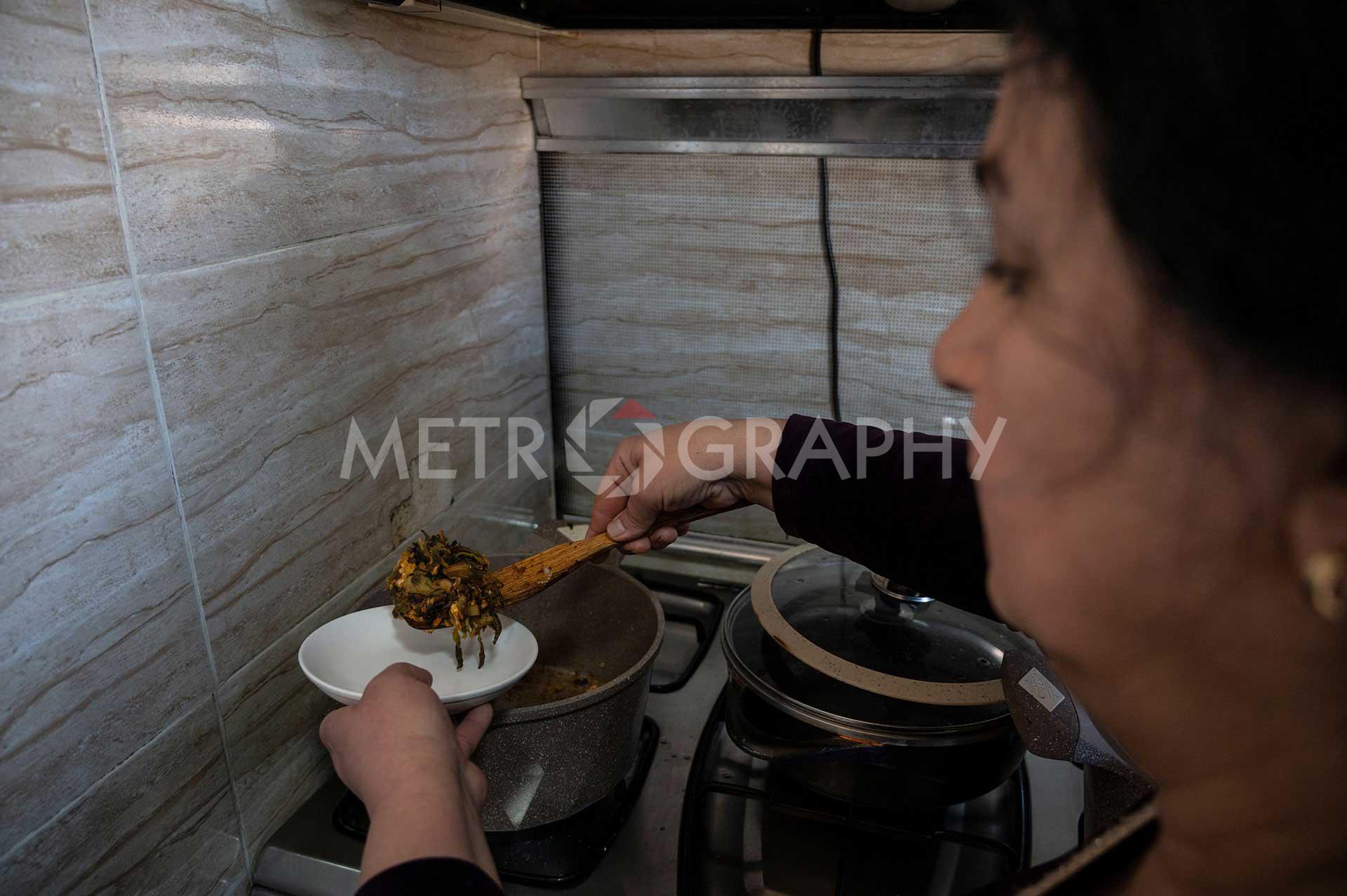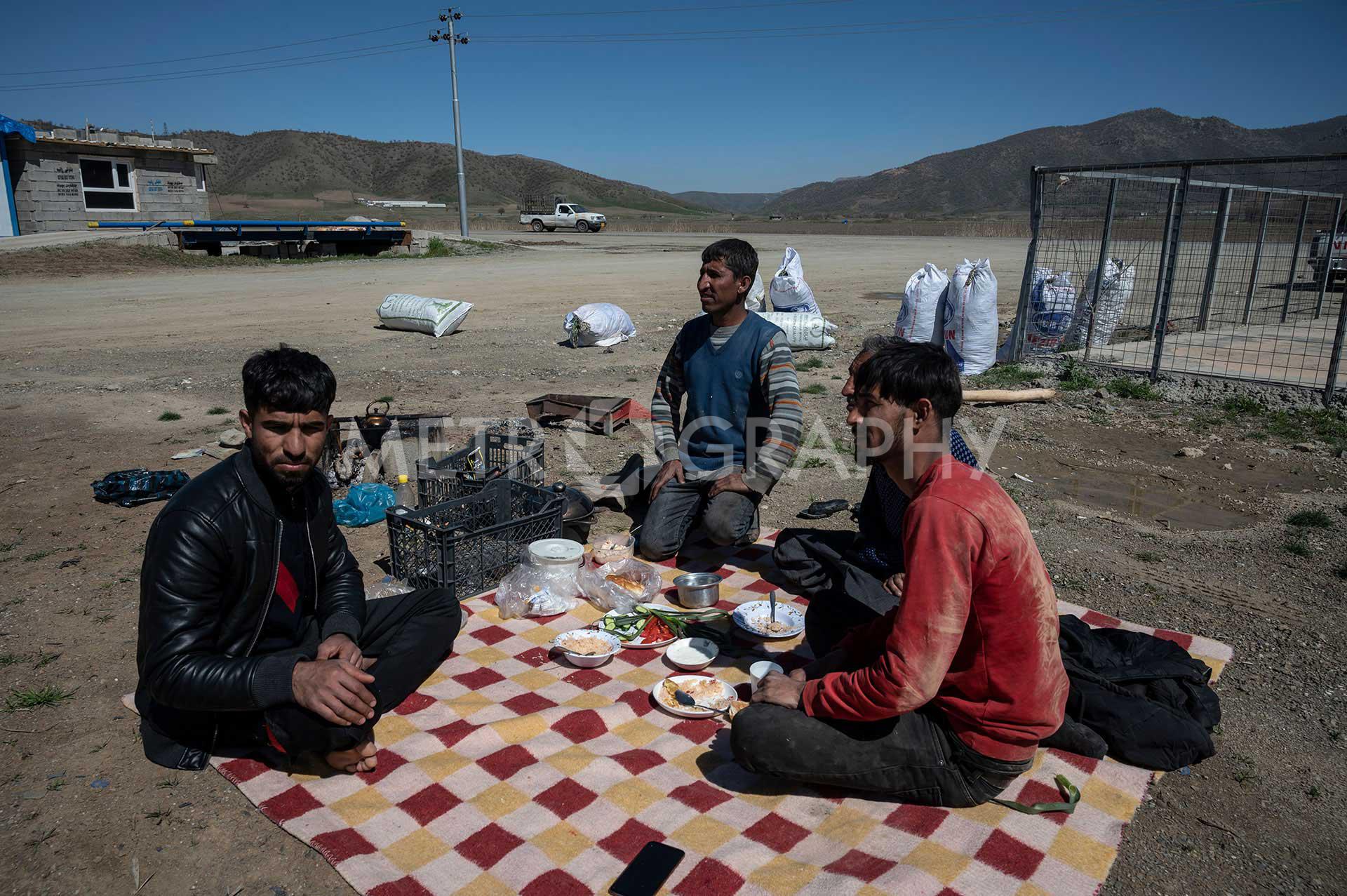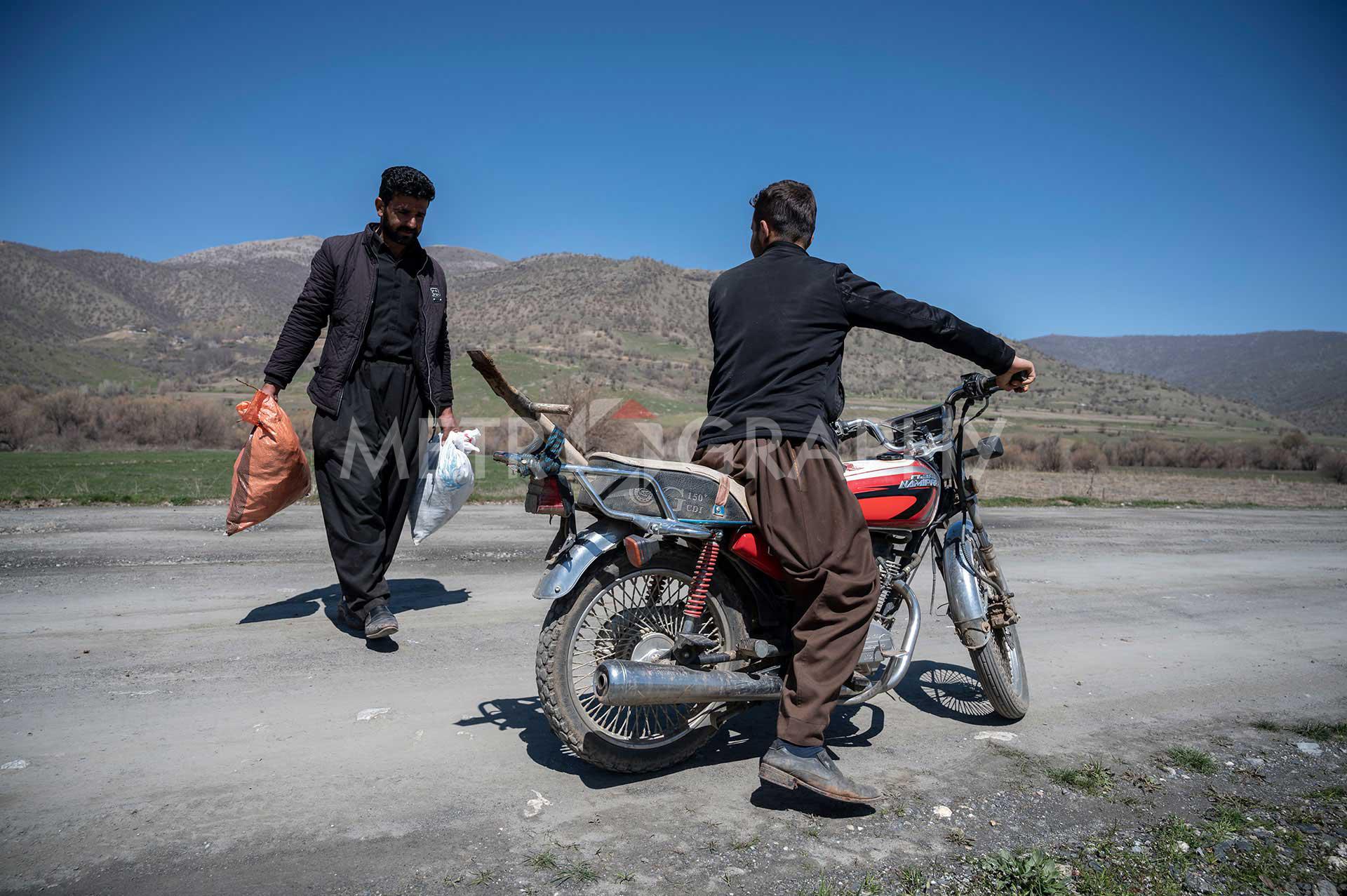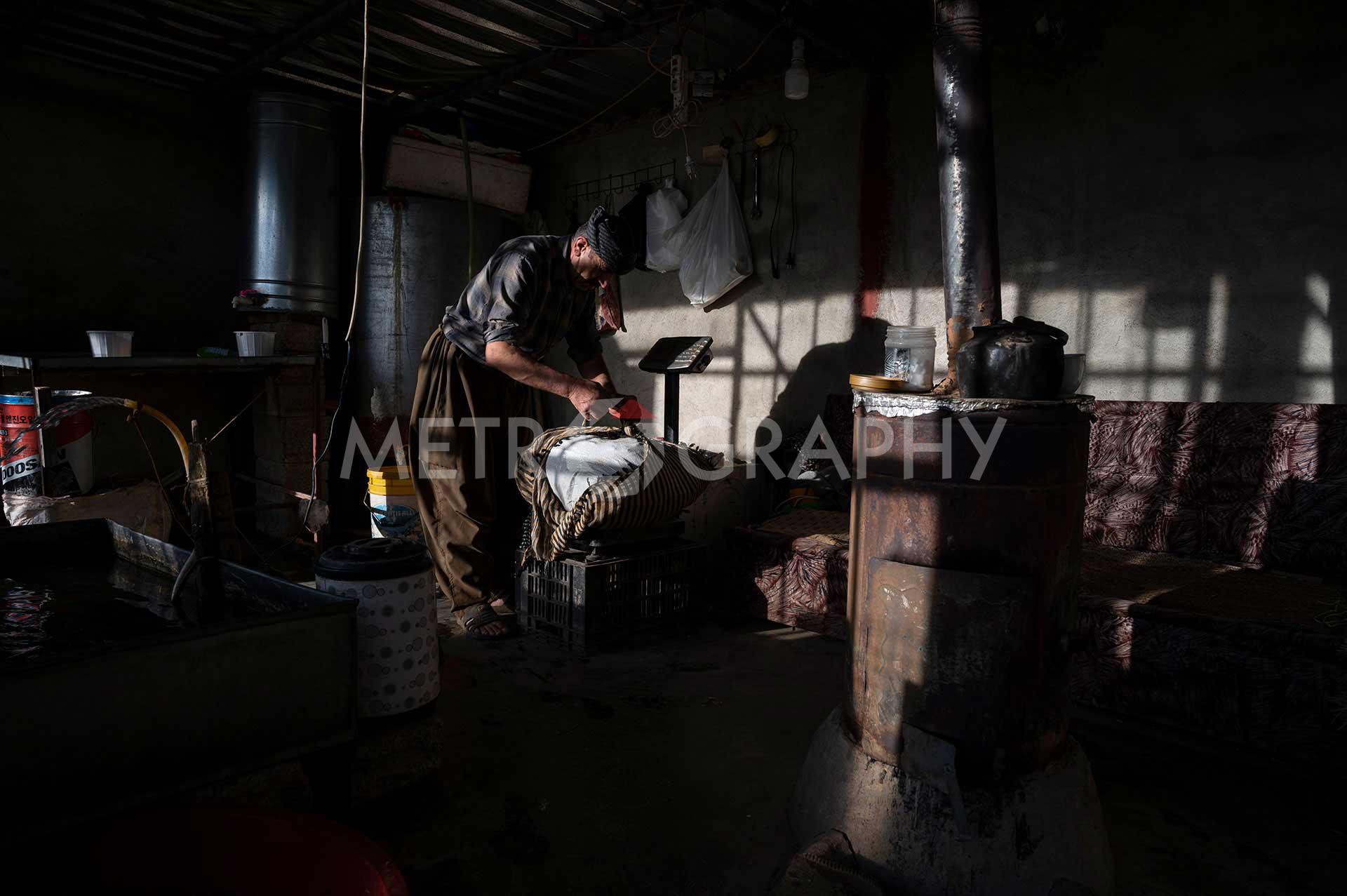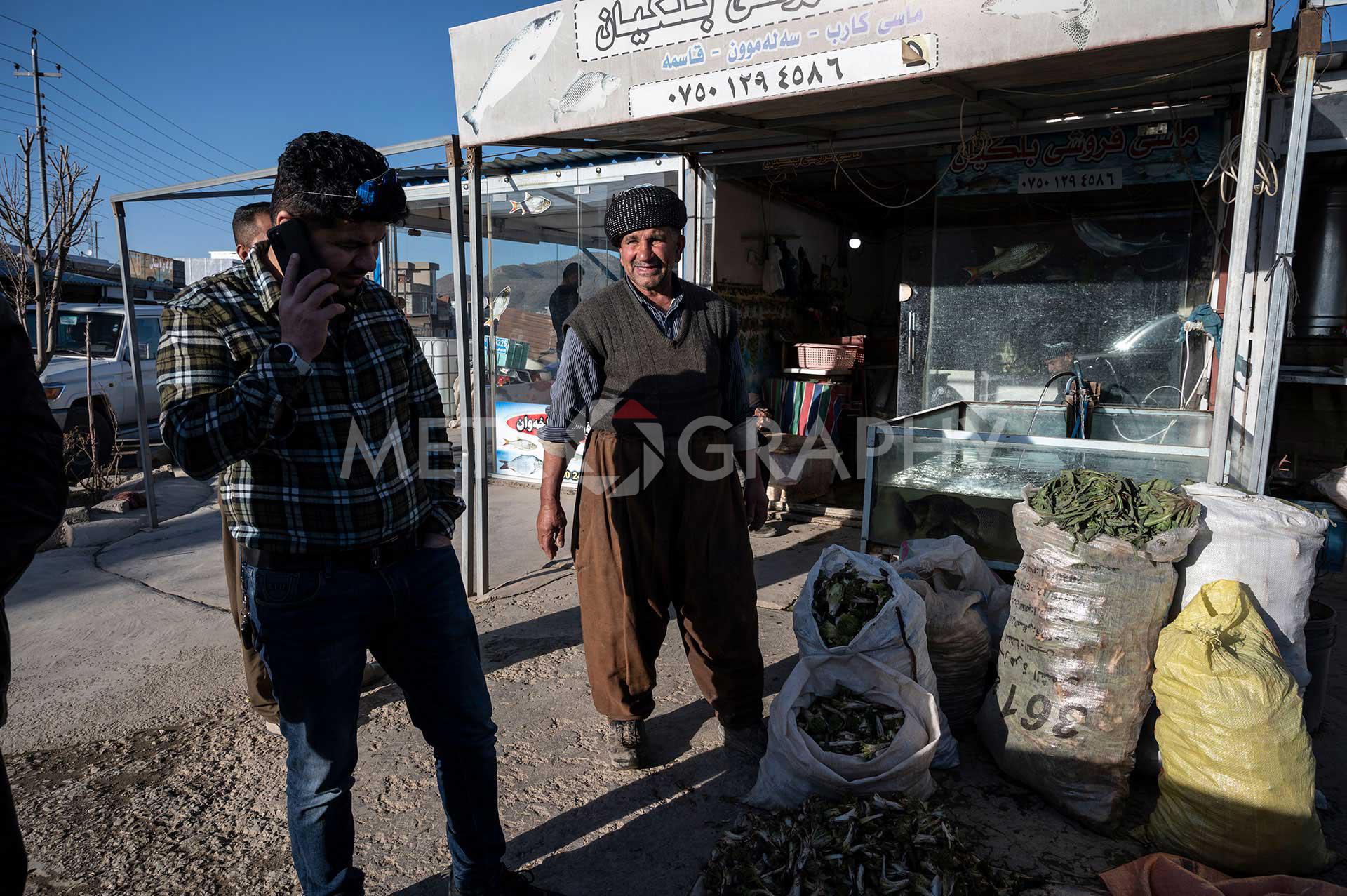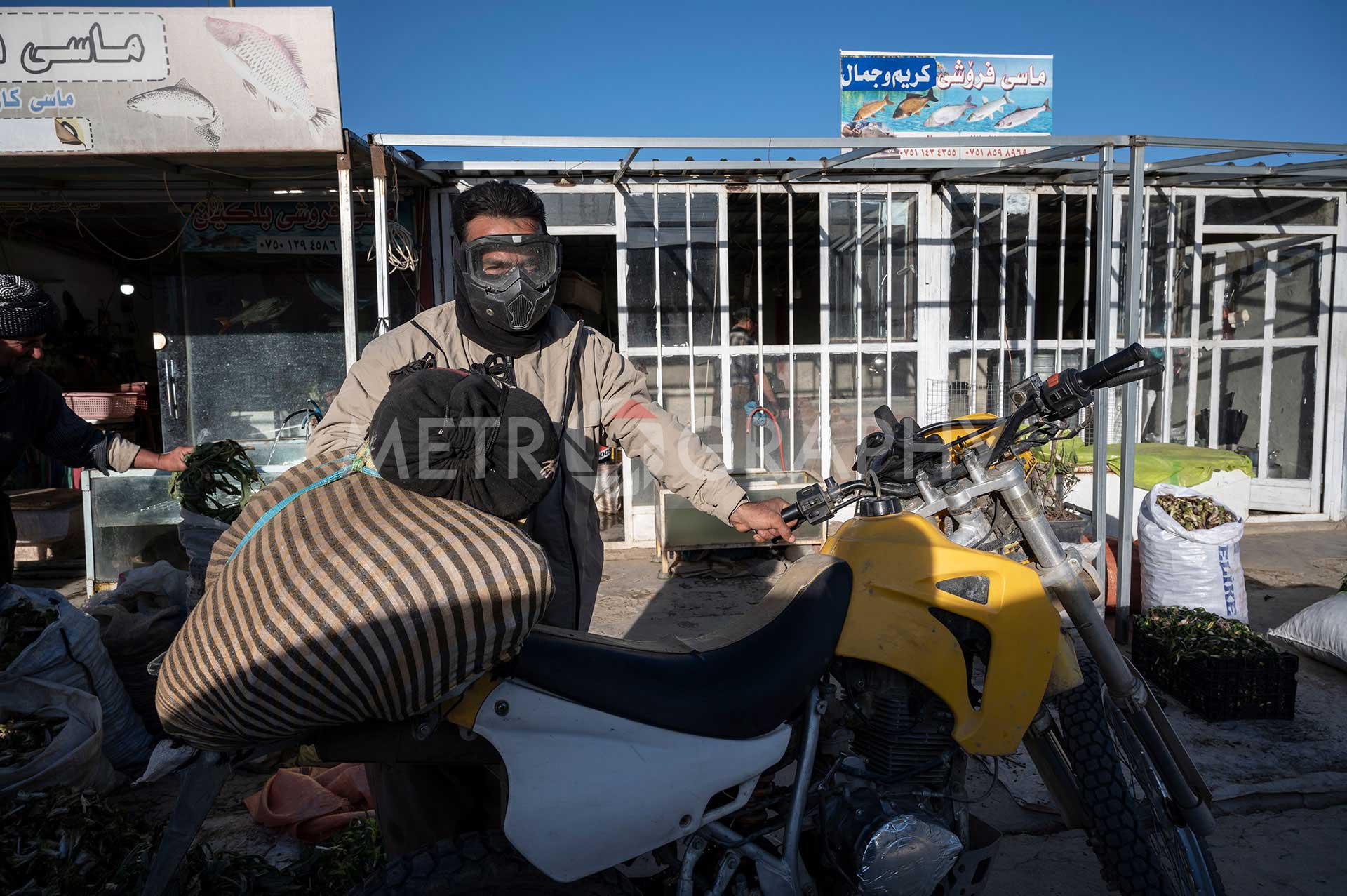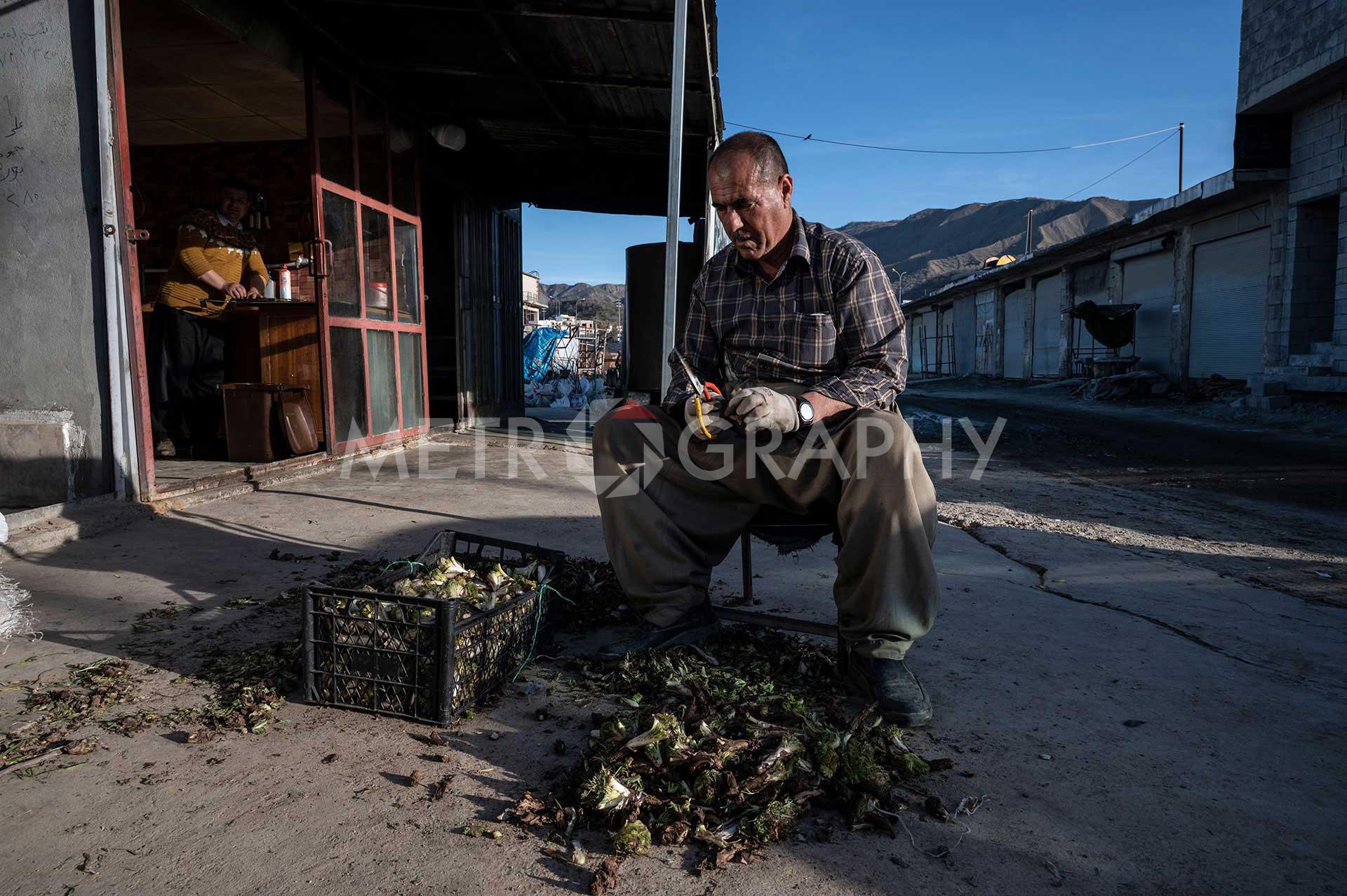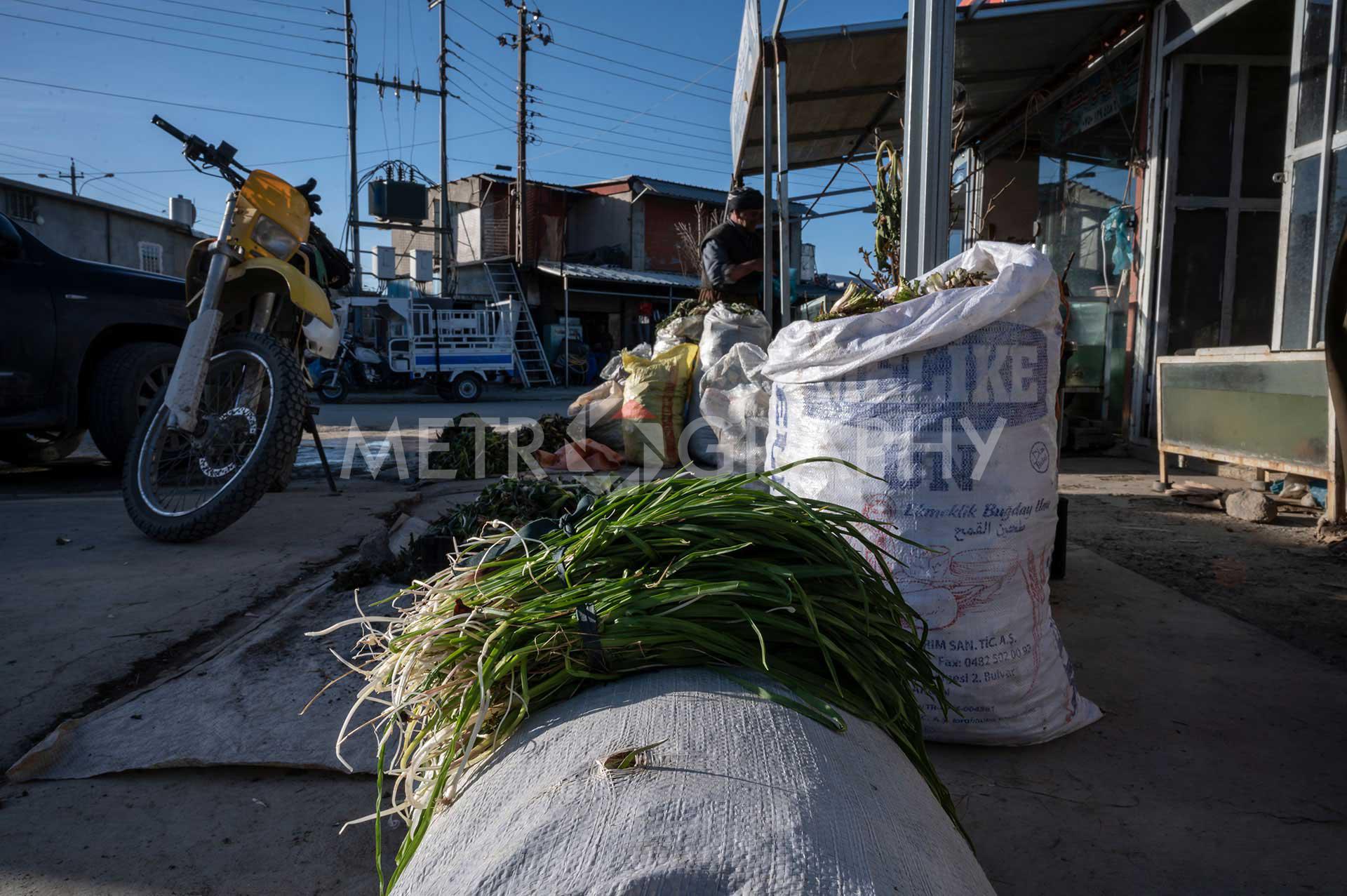Foraging for spring vegetables in Iraq’s Kurdistan Region remains common in rural areas despite numerous threats to this traditional practice. Plants known by local names like tolaka, chwala, kngr, rewaz, and gozrwan grow naturally on the mountainsides in March and April, giving villagers and city dwellers a ready source of nutrition that has been a part of the region’s diet for centuries. Selling the produce in the bazaars also provides additional income during difficult economic times. But today, foraging is physically dangerous due to landmines and unexploded ordnance. Cross-border air and artillery attacks from Turkey and Iran occur regularly and can disrupt the gathering season. Climate change, wildfires, and drought threaten the harvest’s continued viability.

